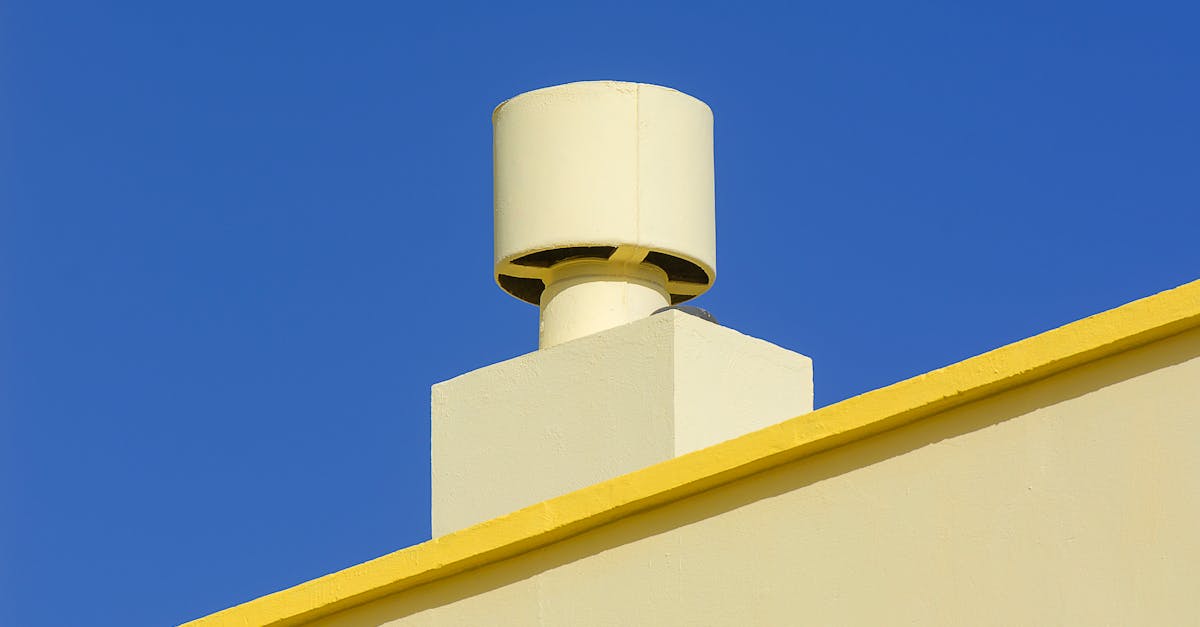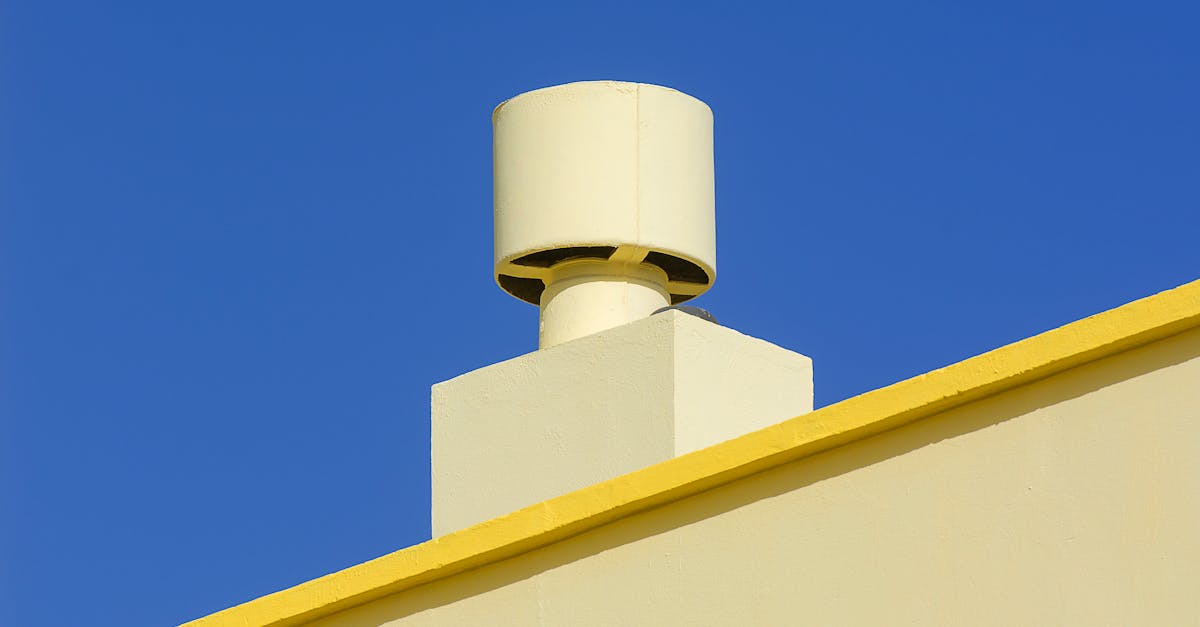
Unpleasant Odors from Vents
Unpleasant odors emanating from vents can be a strong indicator of potential issues within your ductwork. These odors may sometimes be a sign of trapped dust, mold, or other contaminants accumulating over time. When air circulates through the ducts, it may carry these unpleasant smells, leading to an uncomfortable indoor environment. Identifying the source of these odors is crucial in maintaining a healthy home.
Regular Air Duct Troubleshooting can help you detect and rectify these problems before they escalate. If the smells are persistent, it may be necessary to inspect the ductwork for blockages or leaks. Engaging a professional for a thorough examination can ensure that any underlying issues are addressed effectively, improving both air quality and comfort in your living spaces.
Recognizing Signs of Mold or Mildew
Mold and mildew growth within ductwork can significantly impact indoor air quality. If you notice a musty smell emanating from your vents, it might indicate the presence of mold or mildew. This can occur when moisture becomes trapped within the ducts, creating a perfect environment for spores to thrive. Regular inspections can help identify any hidden issues before they escalate.
Performing Air Duct Troubleshooting is essential in identifying the conditions that lead to mold growth. Look for visible signs like dark spots or discoloration on duct surfaces. Pay attention to any unexplained allergy symptoms experienced by household members, as these can be linked to mold spores circulating in the air. Taking prompt action can help mitigate health risks associated with poor air quality and mold exposure.
Frequent HVAC Repairs
If your HVAC system frequently requires repairs, it could indicate underlying issues with the ductwork. Problems such as leaks, blockages, or improper installation can strain the system, leading to frequent breakdowns. Each time the HVAC technician arrives, they may uncover additional ductwork-related problems that contribute to inefficiencies. Regular maintenance may help, but persistent repair needs warrant a closer examination of the duct system.
Air Duct Troubleshooting becomes essential when signs of frequent repairs emerge. Checking for disconnected or damaged ducts can provide insights into system performance. Additionally, ensuring that the ducts are adequately insulated and sealed can improve airflow and reduce the load on your HVAC system. Addressing these issues proactively can lead to more reliable heating and cooling, ultimately saving on repair costs over time.
Understanding the Cost of Ongoing Issues
Ongoing issues with ductwork can lead to escalating costs that impact both your wallet and comfort at home. Inefficient ducts can cause your HVAC system to work harder, resulting in higher energy bills. The need for frequent repairs not only adds to the immediate expenses but may also indicate deeper issues that require more extensive fixes or even replacement of the ductwork.
Inadequate ductwork can also lead to air quality concerns, which may necessitate additional investments in air purification systems or other solutions. Regular Air Duct Troubleshooting can help identify potential problems early, potentially saving homeowners from larger expenses down the line. Ignoring the signs of malfunctioning ductwork can compound costs, ultimately affecting both health and finances.
Air Quality Concerns
Air quality plays a crucial role in maintaining a healthy indoor environment. Poorly maintained ductwork can become a breeding ground for dust, allergens, and other pollutants that compromise air quality. When air passes through dirty or damaged ducts, these contaminants can be circulated throughout the home, leading to respiratory issues and other health problems. Regular inspections and Air Duct Troubleshooting should be a priority to ensure the system is functioning correctly.
In addition to health concerns, compromised ductwork can also affect the overall efficiency of heating and cooling systems. Blockages or leaks in the ducts force the HVAC system to work harder, resulting in increased energy consumption. This inefficiency not only drives up utility bills but may also shorten the lifespan of the system. Addressing air quality concerns through proper maintenance and Air Duct Troubleshooting can lead to a more comfortable and healthier living space.
The Role of Ductwork in Indoor Air Quality
Ductwork plays a critical role in maintaining the overall indoor air quality of a home. When ducts are damaged or dirty, they can distribute pollutants, allergens, and other harmful particles throughout the air. This can lead to respiratory issues and discomfort for residents. Regular cleaning and inspections can help ensure that the duct system is functioning effectively and not exacerbating indoor air quality problems.
Air Duct Troubleshooting is essential for identifying issues that may be affecting the air quality in your home. Common problems, such as leaks or blockages, can hinder airflow and cause the HVAC system to work harder. This not only reduces efficiency but can also allow contaminants to linger, worsening the environment for occupants. Proper maintenance and timely repairs can significantly improve air quality and overall comfort in living spaces.
FAQS
What are the signs that my ductwork may be bad?
Common signs of bad ductwork include unpleasant odors coming from vents, visible mold or mildew, frequent HVAC repairs, and poor indoor air quality.
How can I identify mold or mildew in my ductwork?
Look for visible signs of mold or mildew in and around the vents, as well as musty odors in the air when the HVAC system is running.
Why do I need to worry about air quality if my ductwork is bad?
Bad ductwork can lead to the circulation of dust, allergens, and contaminants, negatively impacting your indoor air quality and potentially affecting your health.
How often should I have my ductwork inspected?
It's recommended to have your ductwork inspected at least every few years, or more frequently if you notice any issues such as strange odors or increased energy bills.
What should I do if I suspect my ductwork is bad?
If you suspect your ductwork is bad, it’s best to contact a professional HVAC technician to assess the situation and determine necessary repairs or replacements.

